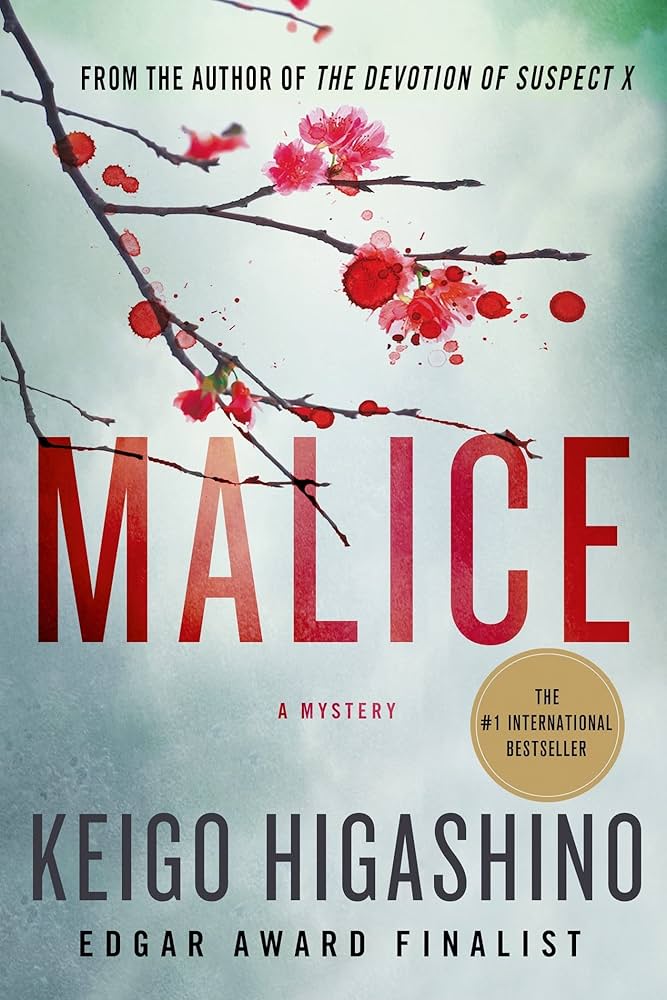February 3, 2026
The Beast in the Clouds by Nathalie Holt *** (of 4)
The year is 1929. America’s large museums are filling out their exhibits with mysterious animals delivered from the remotest parts of the world. There are sporadic reports that the last large mammal, a Panda bear, might exist. Or might be as mythological as a Yeti. Two sons of former president Theodore Roosevelt, Kermit and Ted […]
Read More about The Beast in the Clouds by Nathalie Holt *** (of 4)
Book Reviews
|
0 Comments






